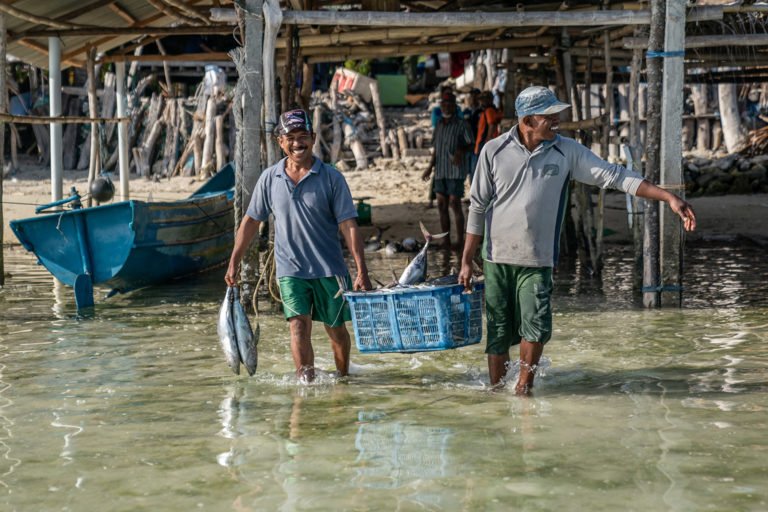While startups such as Geltor are producing collagen peptides via microbial fermentation (using synthetic biology to effectively ‘program’ bacteria to express animal proteins), JellaTech is growing porcine, bovine, and human cells (fibroblasts) that produce collagen (which right now, is typically extracted from animal skin, bones, and connective tissue).
While it is not cost effective, at least right now, to produce more commoditized collagen proteins such as gelatin via cell culture or microbial fermentation, firms in this alt protein space are targeting lower-volume, high-value markets in biopharma, cosmetics, and nutraceuticals.
JellaTech - which was founded in 2020 by Stephanie Michelsen and Kylie van Deinsen-Hesp - is “making collagen type one, the most abundant collagen in skin,” head of science Rob Schutte told FoodNavigator-USA.
“We recently delivered our first sample to a potential customer, which was pretty exciting as it’s the first cell derived collagen they have got their hands on. The collagen is secreted by the cells as three chains which fold together to form a triple helix, which is what makes it functional. And that’s what our cells do that other [microbial] cells can’t do.”
“People we’re talking to have tried the microbial fermented collagen proteins and they don’t work for every application, although they are great.”
But if the attraction of JellaTech’s product is that it’s bio-identical to native collagen produced by animals, why not just use the real thing?
“There’s more reliability and consistency in what we do versus what people are getting from herds of animals,” said Schutte. “But when it comes to cosmetics and nutraceuticals, I think consumers are driving this change towards products that move away from animals.”
He added: “The low hanging fruit is collagen for [low-volume, high-value] biomedical and biopharma applications, but the long-term goal to get it to a price point where we can compete or be close to competing with the lower end of food and beverage.”
Batch process vs continuous process
To get at the collagen, JellaTech alters the media and adds a buffer to the tank, he said: “Then in certain conditions, the collagen becomes soluble and we can remove it and purify it.” This means the cells cannot continue to produce collagen, necessitating a batch process, he acknowledged.
“We isolate cells from a tissue, and bank the cells, so you can get maybe tens of millions of cells from an individual tissue. When we want to start a batch process, we take one vial from the cell bank and run a batch, increasing the size of surface area for these tissue culture flasks until we’re ready for a bioreactor. And then we inoculate the cells into the bioreactor, give it a period of time for those cells to make collagen, and then do the extraction.
“That’s where we are today, and it’s pretty scalable, although we have some visions for how we can get to a continuous process.”
Optimal bioreactor design
Right now, JellaTech is still working on an optimal bioreactor design, as it is using adherent cell culture where cells grow as monolayers on a substrate.
As the cells are adherent, they must be attached to something to grow, said Schutte. “They are attaching to tissue culture surface, but micro carriers are something that we want to investigate in the future to try to get to a bigger and bigger surface area.
“There are also some new technologies out there where you can have really large surface areas that are kind of stacked, and in other cases, it’s more of a membrane that the cells can attach to, where you get a really high surface area to volume ratio.”
So how do you make the cells more productive? By changing their environment, or by using a technology such as CRISPR?
Both approaches are the focus of continued study, said Schutte, who noted that even if genetic engineering were used to engineer the cells to be more efficient, the final product (collagen) is not the cell itself, but something that is produced by the cells, so the collagen would not trigger a bioengineered food label.
“We’re working to harness the innate ability of these mammalian cells to produce collagen that is bio-identical to native collagen and do it in a sustainable and animal-free way…” Christopher Gilchrist, Senior Scientist, JellaTech
Labeling and regulatory questions
Jellatech is consulting food law experts about labeling and regulatory issues, but believes cell-cultured collagen may not have to go through the same regulatory framework as cell-cultured meat, given that in its process, animal cells are not the end product, which means a GRAS determination might be appropriate if its products are identical to collagen products already in the market, he added.
As for labeling, while JellaTech’s collagen is made without slaughtering animals, it’s not exactly animal-free in the way that Geltor’s collagen is, said Schutte.
“We position ourselves as harm-free, slaughter free, and sustainable, but as our original cells come from an animal, we may not be able to use a term like ‘animal-free.’ But we have the same goal as those other companies in the space who are asking, how do we have a more sustainable, more ethical and more humane option for generating collagen?”
Next step: pilot scale production
So following this milestone, what are the next steps?
“Right now we’re heading towards pilot scale,” said Schutte. “We want to increase the scale of the manufacturing process and we’re raising money to be able to invest in capital equipment and lab space to be able to take us to pilot scale.”
CEO Stephanie Michelsen added: “We’ve proved we can make a consistent product again and again, so now we just want to make more collagen.”
San Leandro-based Geltor – which has developed a computational biology platform to create ‘designer’ functional proteins via precision fermentation – currently supplies human elastin and collagen peptides for topical skincare products.
However, it is now moving into the food and nutrition space, recently completing its first commercial-scale manufacturing run of PrimaColl ‘animal-free’ vegan collagen for the food and nutrition markets, with the first products featuring the ingredient likely to hit the market in 2023.
Distinct from plant-based collagen ‘builder’ or ‘booster’ formulations, PrimaColl is a nature-identical match to the bioactive amino acid core of Type 21 poultry collagen, says Geltor, which deploys synthetic biology to engineer microbes such as E. Coli to produce collagen via a fermentation process.
Israeli cell-cultured meat startup Aleph Farms, meanwhile, recently announced that its cell-cultured bovine collagen is “moving to the full product development stage with anticipated commercial launch in 2024.”










